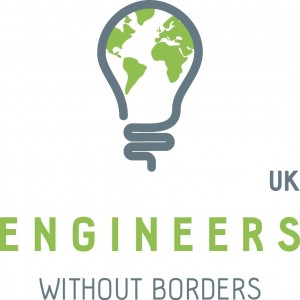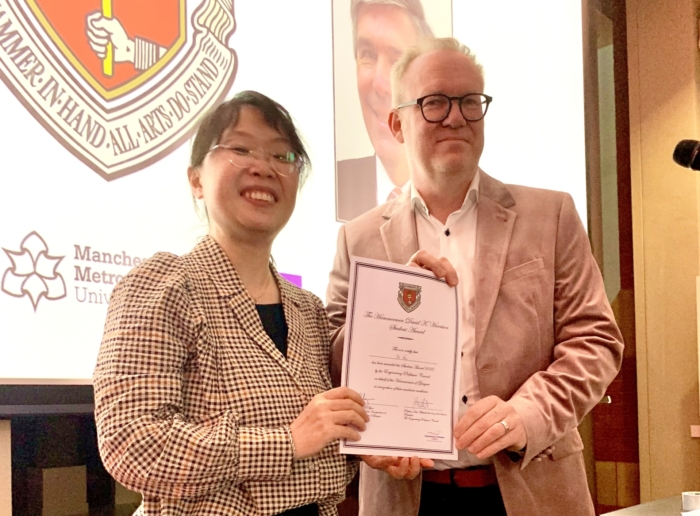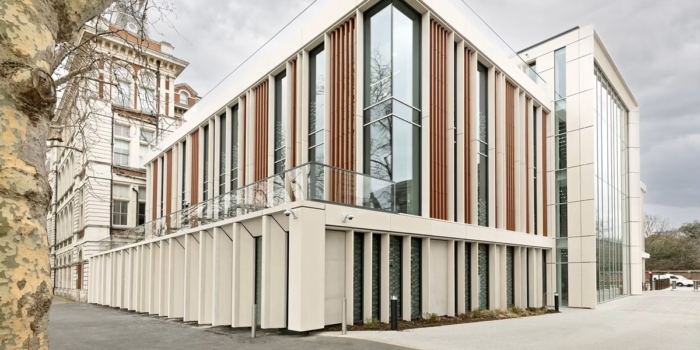 Like many academics, I have often struggled to know quite how to engage students so that they learn something of the essence of engineering, rather than simply turning the handle on endless calculations. The EWB Challenge offers one way of achieving that engagement and the results were really eye-opening. I did know a little of what to expect when I was invited to judge this year’s finals at Nottingham Trent University, because I had heard very positive comments from those universities that had adopted the Challenge in their teaching. In the event, the students I met and the presentations I heard exceeded those expectations.
Like many academics, I have often struggled to know quite how to engage students so that they learn something of the essence of engineering, rather than simply turning the handle on endless calculations. The EWB Challenge offers one way of achieving that engagement and the results were really eye-opening. I did know a little of what to expect when I was invited to judge this year’s finals at Nottingham Trent University, because I had heard very positive comments from those universities that had adopted the Challenge in their teaching. In the event, the students I met and the presentations I heard exceeded those expectations.
This year’s EWB Challenge focussed on providing clean water and shelter to a rural region of Nepal. All the student groups presenting showed great enthusiasm for the project. Even though the students had only one or two years’ of university study, the solutions they presented demonstrated some excellent engineering understanding. It was so good to see students wrestling with problems that were grounded in real life. Simply getting the calculations right wasn’t enough; students had to understand the context and the often conflicting needs and aspirations of the community. It would be easy to dismiss this context as irrelevant to engineering practice in the UK, but that would be a mistake. Surely it is essential for the practising engineer, in whatever context, to understand the full impact of their solutions? The EWB Challenge is a great opportunity to get students thinking about every aspect of an engineering problem, and what’s more they seem to love it.
John S Owen BEng PhD CEng FICE SFHEA MInstP
Department of Civil Engineering
University of Nottingham




